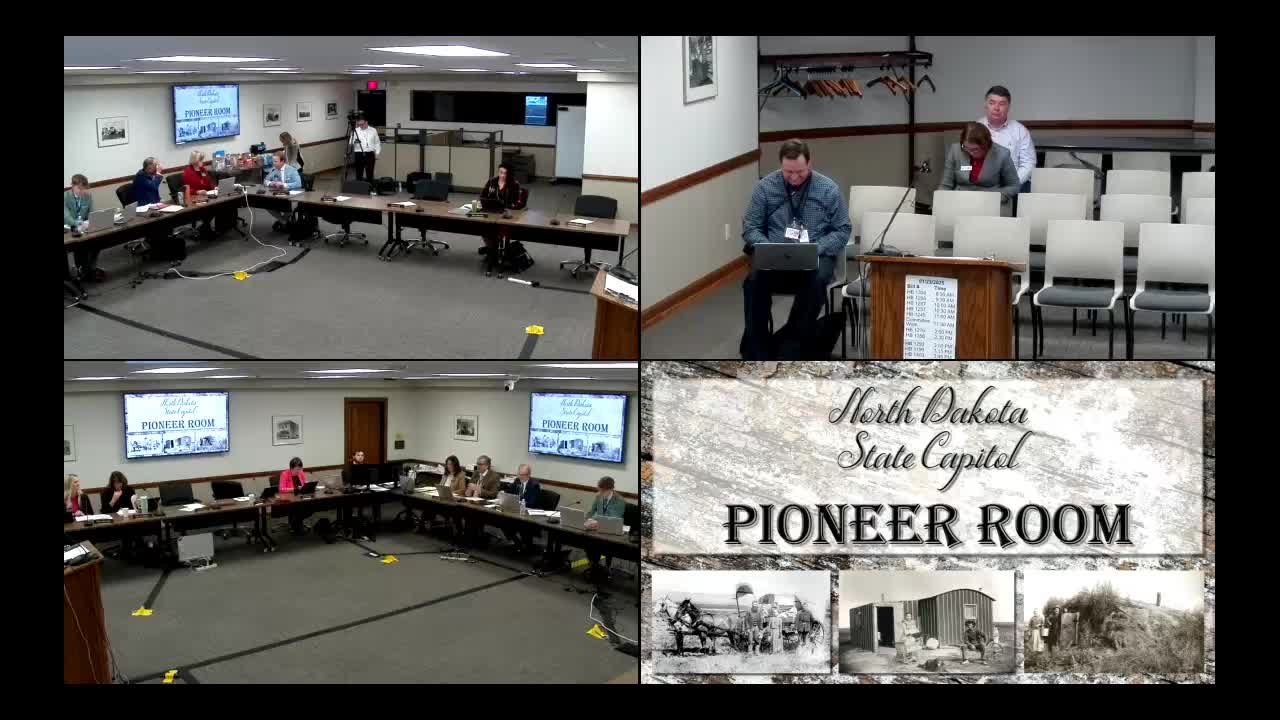Article not found
This article is no longer available. But don't worry—we've gathered other articles that discuss the same topic.
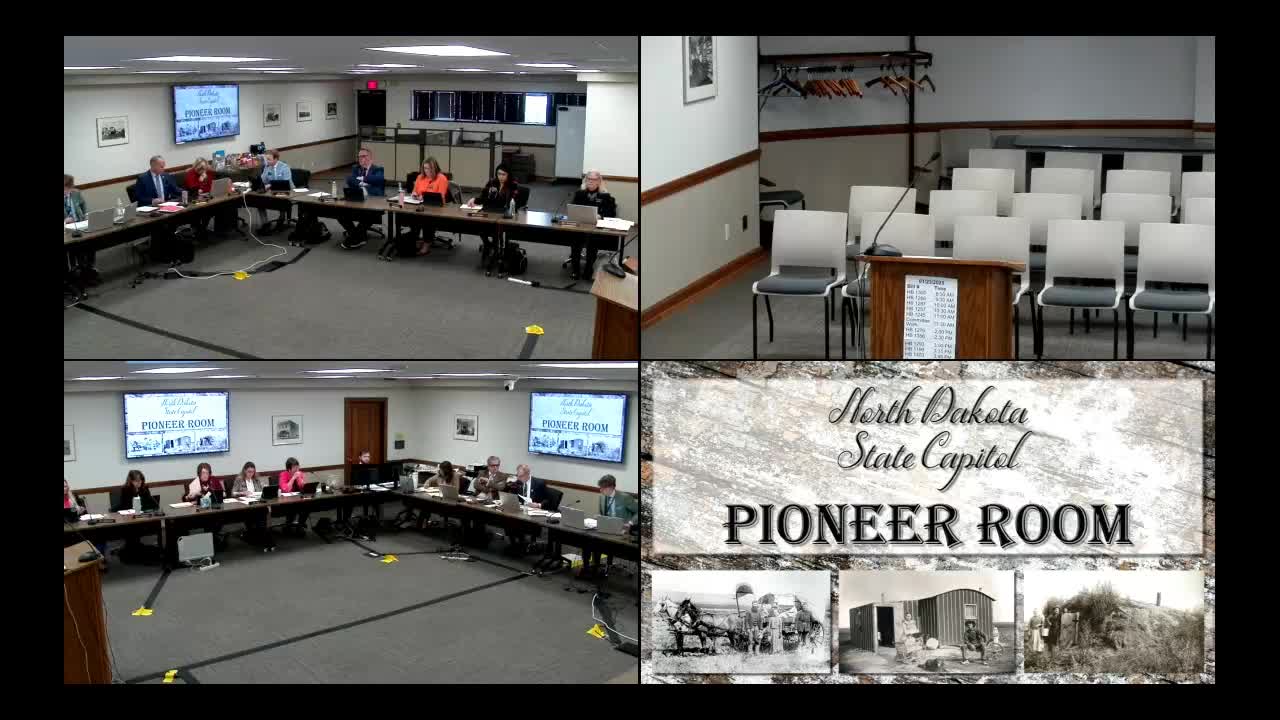
Committee advances bill to raise state active-duty death gratuity to $100,000
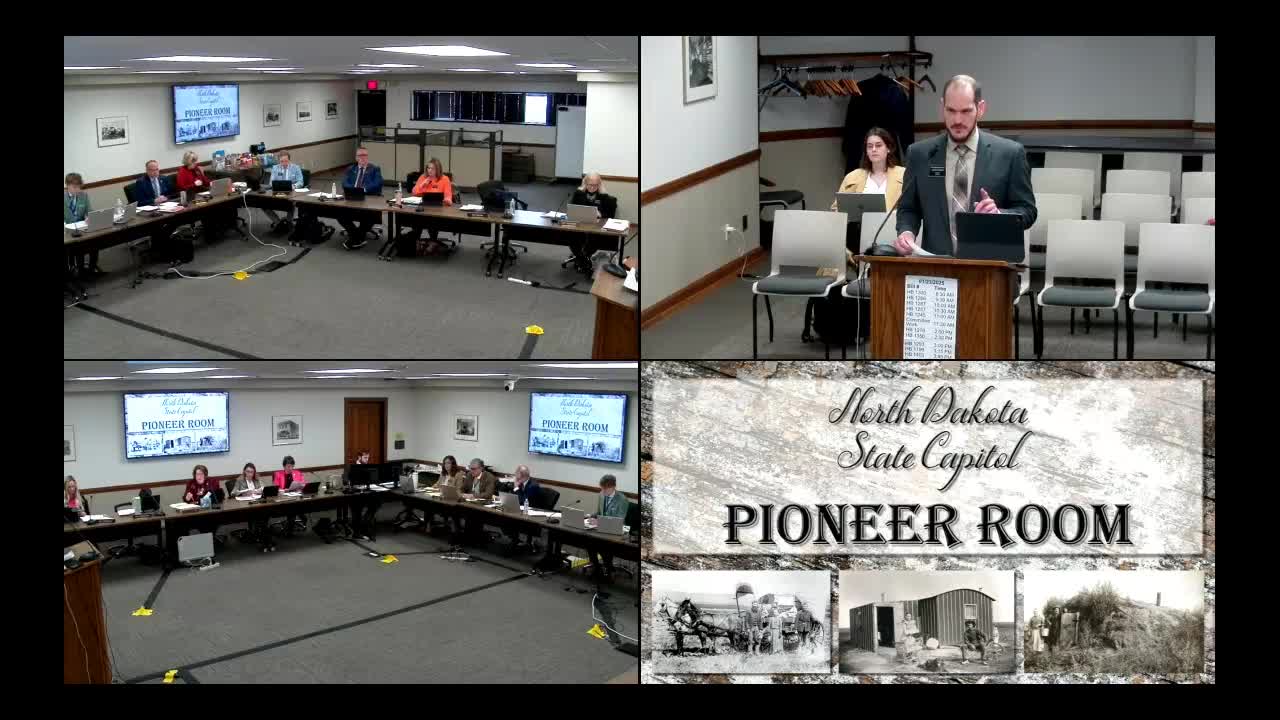
Bill to allow pay-per-signature circulators draws mixed testimony at hearing
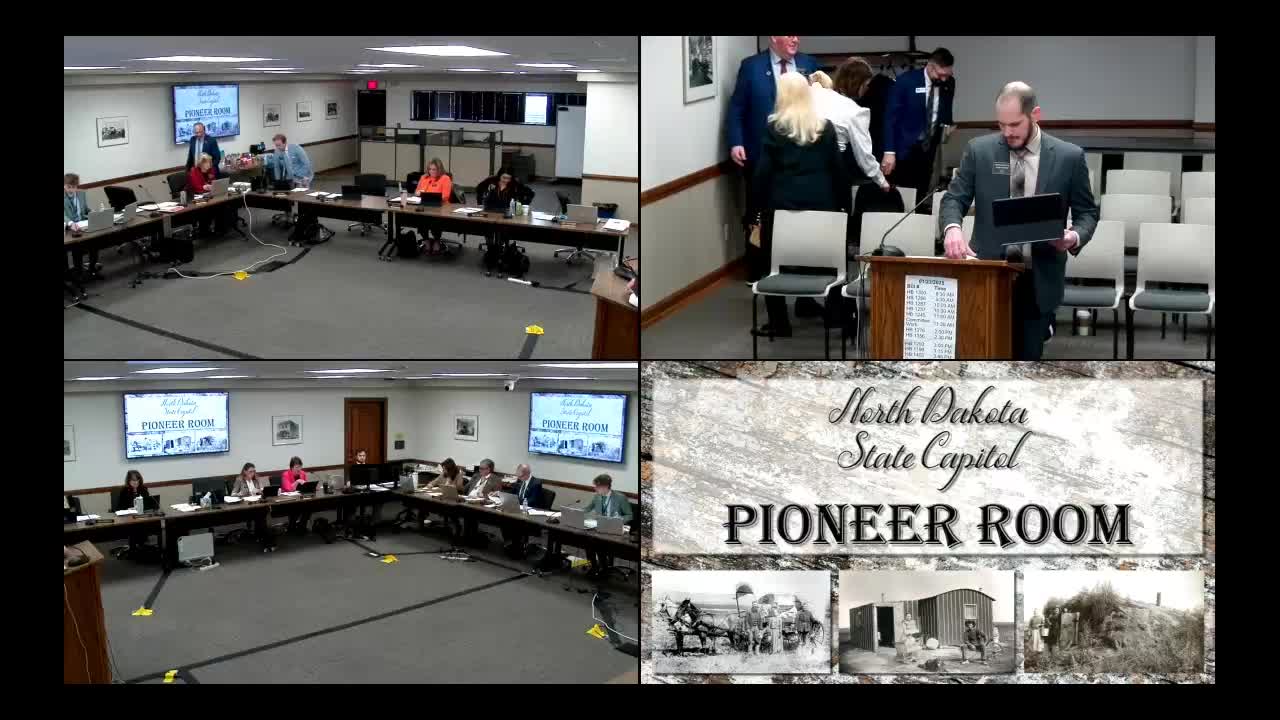
Freshman training and expanded organizational session proposed to prepare new legislators
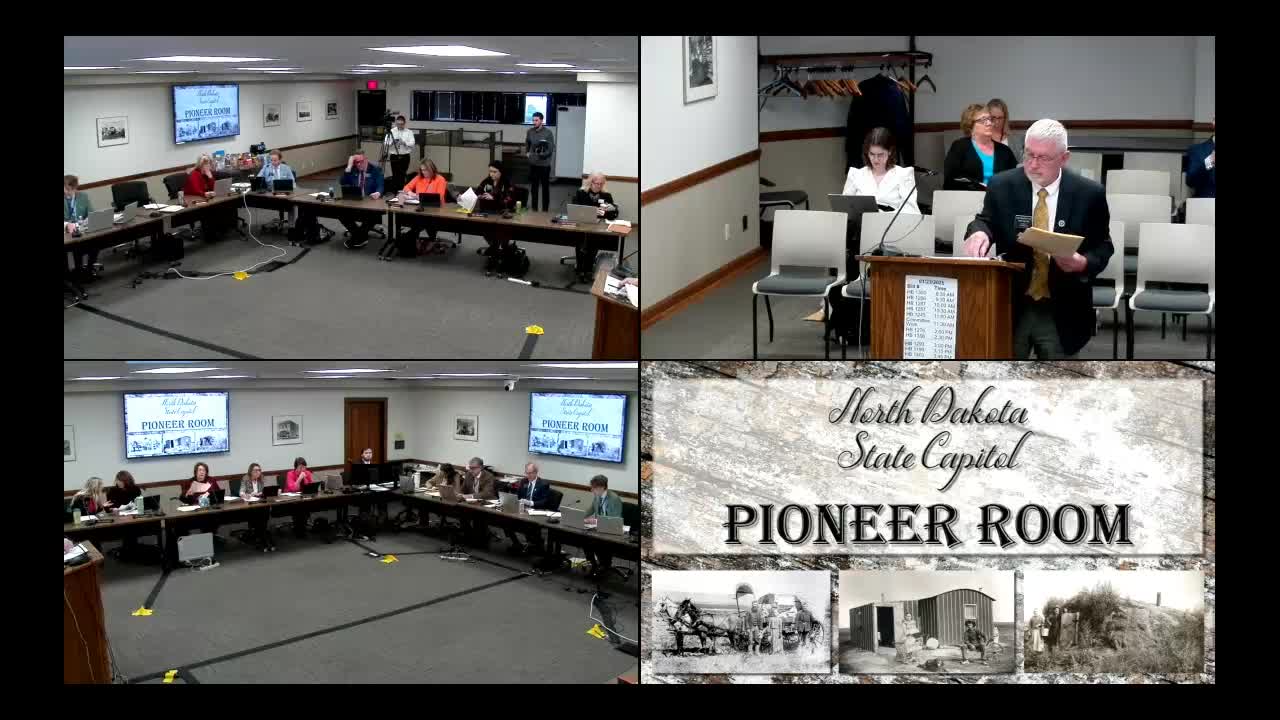
Voter-registration bill draws strong opposition from Secretary of State, tribal advocates and voting-rights groups
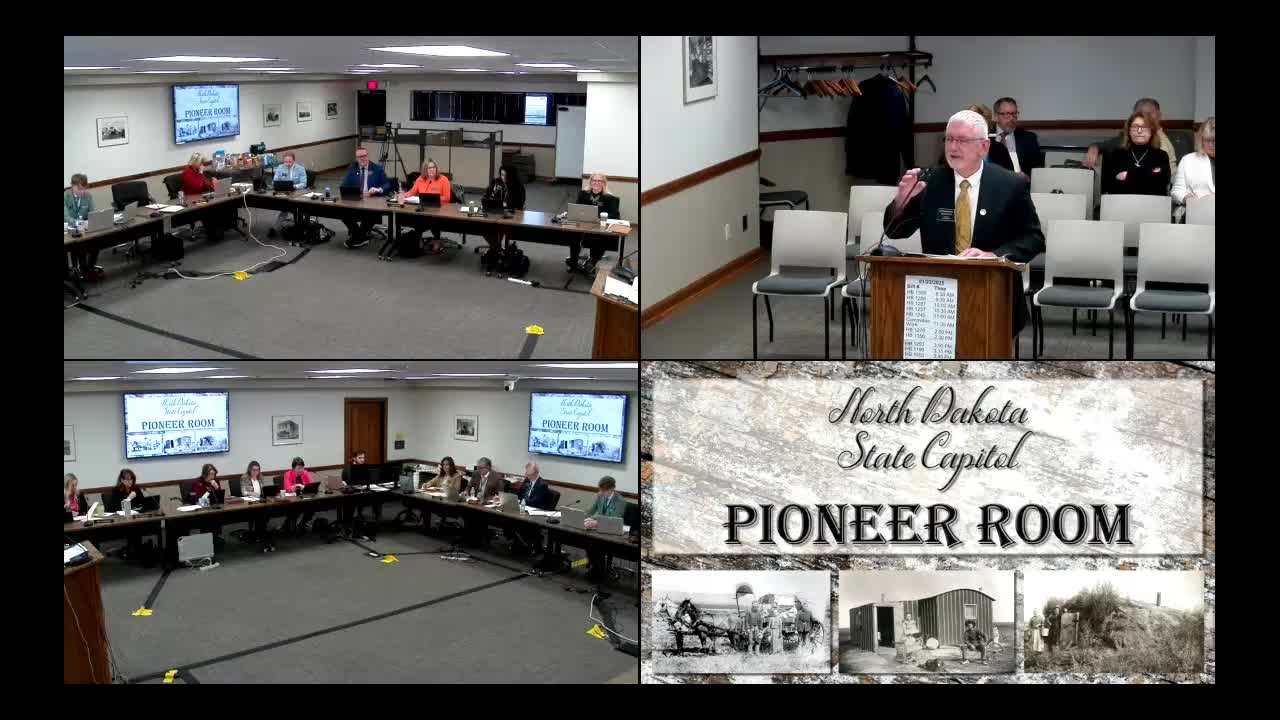
Committee considers "dark money" disclosure bill; Secretary of State and nonprofit groups warn of constitutional, practical problems
